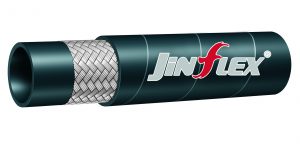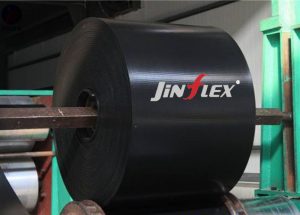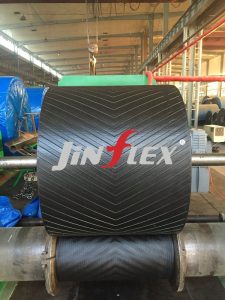In the fast-moving modern world, fuel pipes are like a silent and dedicated guardian, quietly providing a steady stream of power for our lives and work. Today, let us unveil the mystery of this “hidden guardian” and take a minute to feel its charm and importance.
The fuel pipe is the key channel for fuel transmission, connecting the fuel tank and the heart of the engine. In the operation of transportation vehicles and industrial equipment, it bears the important task of delivering fuel to the engine safely and efficiently, ensuring that the equipment can continuously and stably output power.
The fuel pipe is made of high-quality materials that are oil-resistant, corrosion-resistant, and high-temperature resistant, and have excellent sealing and pressure resistance. These characteristics enable the fuel pipe to operate stably in various complex working environments without being disturbed by external factors. At the same time, it also has excellent flexibility and wear resistance, and can adapt to various installation needs and working environments.
There are many types of fuel pipes, including rubber, nylon, stainless steel and other types according to materials, as well as various specifications according to pressure levels and connection methods. When selecting fuel pipes, we need to comprehensively consider factors such as the equipment’s working environment, fuel type, pressure requirements, etc. to ensure that the most suitable fuel pipe type is selected.
In order to ensure the long-term stable operation of the fuel pipe, we need to perform regular maintenance and upkeep. This includes checking the tightness of the fuel pipe, cleaning internal impurities, replacing aging or damaged parts, etc. Through careful care and maintenance, we can extend the service life of the fuel pipe and improve the overall performance of the equipment.
With the continuous development of science and technology, fuel pipes will also usher in a new era of intelligence and efficiency. Future fuel lines will use more advanced materials and technologies to achieve higher performance and longer service life. At the same time, the application of intelligent technology will also make the management and maintenance of fuel pipes more convenient and efficient.



